Echo Mobile and DIAL composed six detailed analyses of development and humanitarian initiatives that have utilized messaging applications. Based on in-depth interviews, each case explores the decision making and implementation processes and analyzes the results for lessons, focusing on accomplishments as well as unforeseen challenges and opportunities.
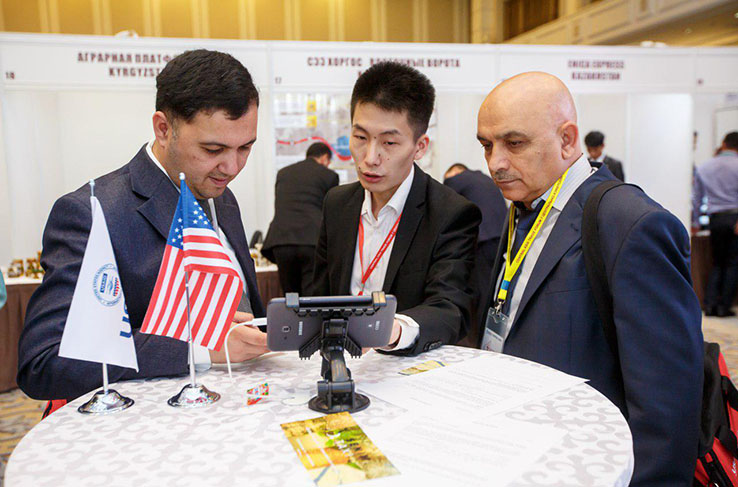
In Uzbekistan, DAI enabled thousands of horticulturalists to share technical information and conduct trade through Telegram, the country's most popular messaging application.
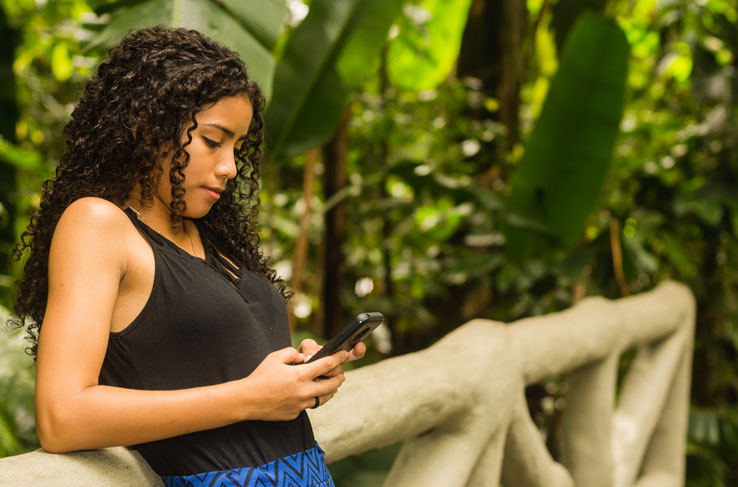
In Brazil, AA targeted teen audiences with a Facebook Messenger chatbot that provides guidance on alcohol abuse. The bot engaged over 100,000 users but strained offline resources and presents privacy concerns.
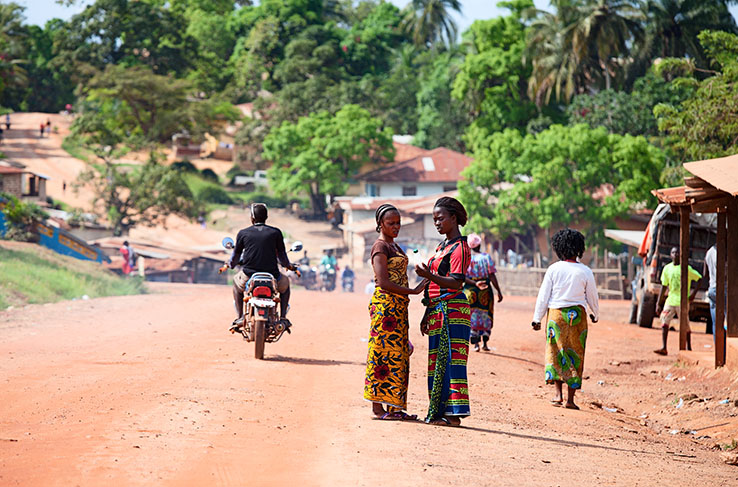
In Liberia, MercyCorps trained over 800 Community Mobilizers to use WhatsApp for sharing learnings and discussing challenges in the field but struggled with adoption and engagement.
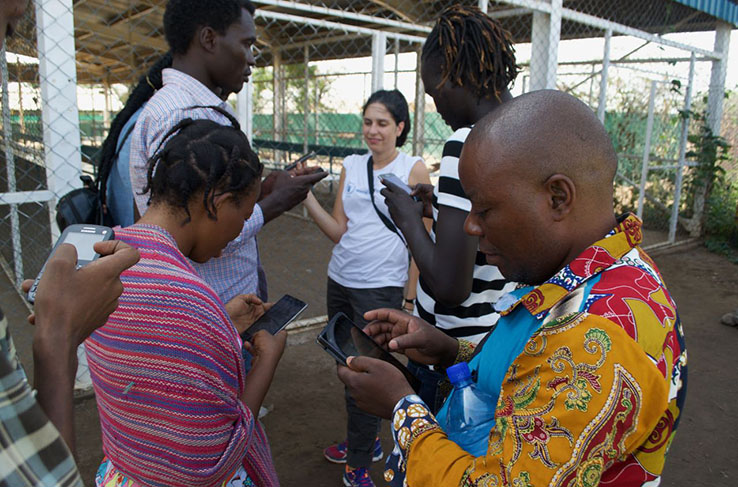
WFP engaged InSTEDD to prototype “The Food Bot”, a chatbot that collects and shares food security information with beneficiaries. The concept was abandoned after user testing to build AIDA, a platform where humanitarian teams can create their own custom chatbots.
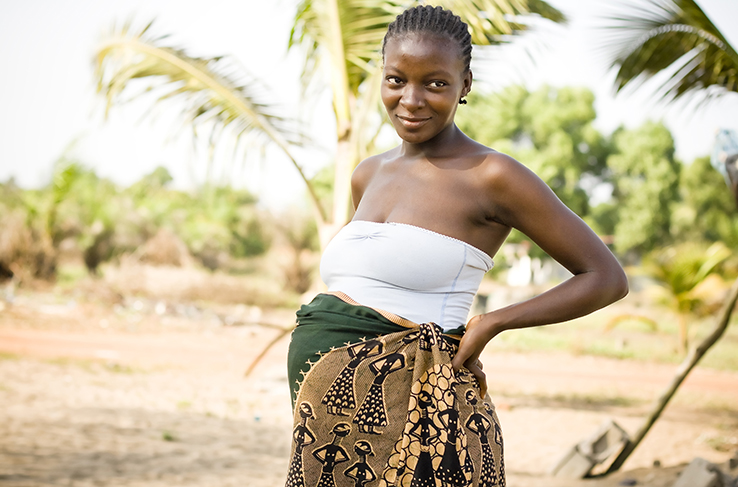
After connecting over 1.8 million women to critical maternal health information through SMS, IVR and USSD, MomConnect is piloting WhatsApp first official integration. Engagement has skyrocketed amongst women who use WhatsApp, but most still prefer free SMS.
Youth fans of Shujaaz’s comics and radio programs use Facebook, Facebook Messenger and WhatsApp to engage with fictional characters and each other. However, Messenger is limited to one-to-one interactions and WhatsApp size limits have strained resources.